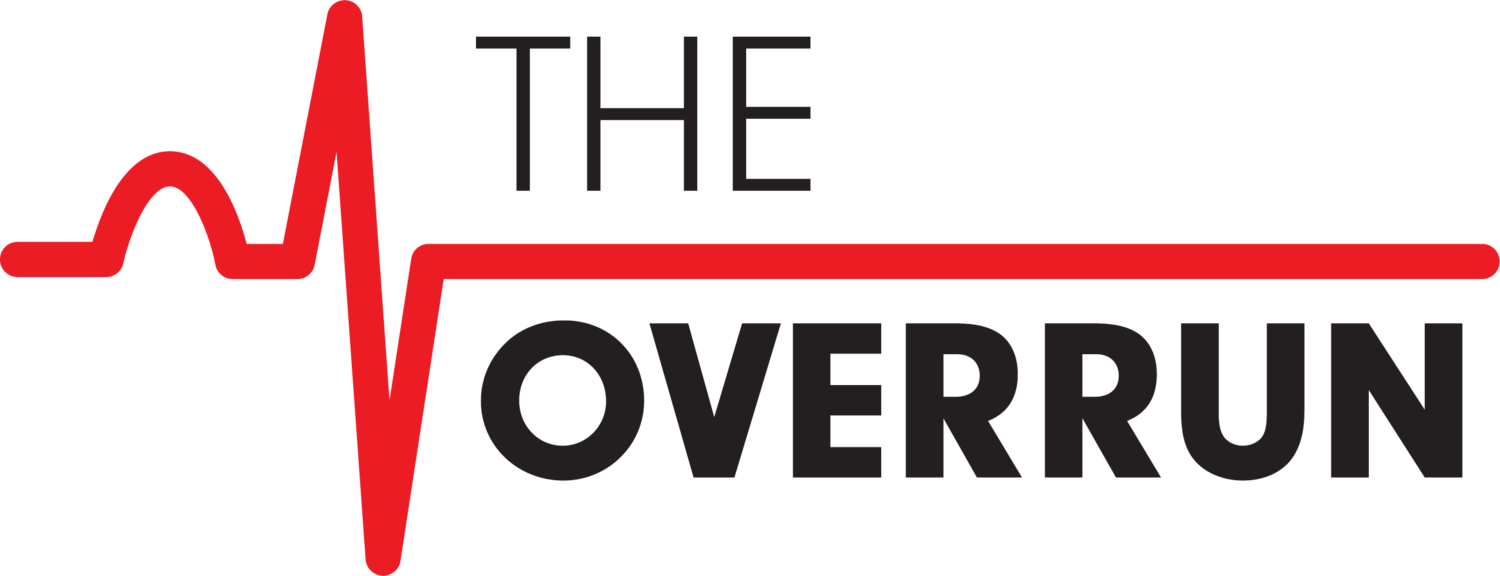A Block
Dr. Tristan Glenn discusses diversity, equity, and inclusion (DEI) in the context of EMS. He emphasizes the importance of understanding and valuing individual identities and lived experiences. Microaggressions are explored as harmful behaviors that communicate negative appraisals of individuals. The lack of diversity in EMS is highlighted, and the need for purposeful recruitment and community engagement is discussed. Dr. Glenn suggests embedding DEI principles throughout the entire organization and utilizing technology, such as mixed reality simulations, for training. Overcoming resistance to DEI initiatives requires cultivating a consciousness of the impact each individual has on creating an equitable and inclusive environment.
Takeaways
DEI involves understanding and valuing individual identities and lived experiences.
Microaggressions are harmful behaviors that communicate negative appraisals of individuals.
Recruitment and community engagement are essential for increasing diversity in EMS.
Embedding DEI principles throughout the organization and utilizing technology can support DEI initiatives.
Overcoming resistance to DEI requires cultivating a consciousness of the impact each individual has on creating an equitable and inclusive environment.
B Block
Dr. Alicia Rouff joins the podcast to discuss diversity, equity, and inclusion (DEI) in emergency medicine and EMS. The conversation explores the current state of DEI in the field, the challenges faced by underrepresented groups, and the need for proactive change. The importance of recruitment and creating opportunities for people of color in EMS is highlighted. The discussion also emphasizes the importance of cultural understanding and respect when interacting with patients from diverse backgrounds. The episode concludes with a message of showing up as your authentic self and promoting kindness in healthcare.
Takeaways
DEI in emergency medicine and EMS is an ongoing challenge that requires proactive change.
Recruitment and creating opportunities for people of color in EMS is crucial for increasing diversity in the field.
Cultural understanding and respect are essential when interacting with patients from diverse backgrounds.
Showing up as your authentic self and promoting kindness in healthcare can make a positive impact.


















